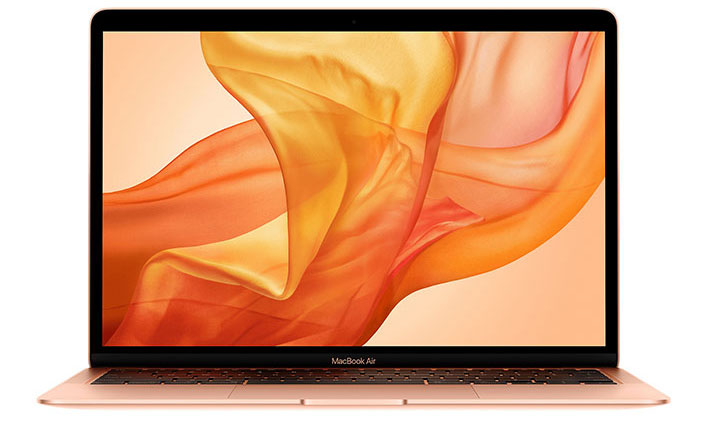Tech Journalists Feel Apple Silicon May Have Just Put A Bullet In Current MacBooks
Apple recently announced that its products would eventually not be powered by Intel processors. Future devices instead will feature a custom ARM chip based on a future Apple processor architecture. Apple offers that consumers will experience better performance and battery life, and that there will be greater compatibility between Apple’s various lines of devices. In addition, Apple made statements that every upcoming application for macOS Big Sur will work with this new custom Apple silicon. It is also important to note that this will likely be a cost-saving measure for Apple as well, adding to bottom line profits.
As Apple CEO Tim Cook noted in his WWDC commentary, this transition at Apple will occur over a period of two years. The first consumer Apple products with an ARM processor will be a 13-inch MacBook Pro and a new 24-inch iMac and they will actually be released this year. The first ARM-powered Apple device, a Mac Mini like device, will be available on loan to app developers this week in fact.

These fears are not unwarranted. Apple transitioned from PowerPC to Intel-based systems in 2006. Apple continued supporting the PowerPC architecture through the release of Leopard (OSX 10.5) in 2007, but did not provide support when they released Snow Leopard (OSX 10.6), leaving legacy users in the lurch. And so, without much question, Apple's track record in situations like this is not very good.
What do you think Hothardware readers? Is it worth investing a device like a MacBook Pro or MacBook Air right now when some day they may be left behind by Apple? Are you concerned that Apple will drop support for these devices, or do you think Cupertino will stand behind its products for the long haul? Let us know your thoughts in the comments below.


